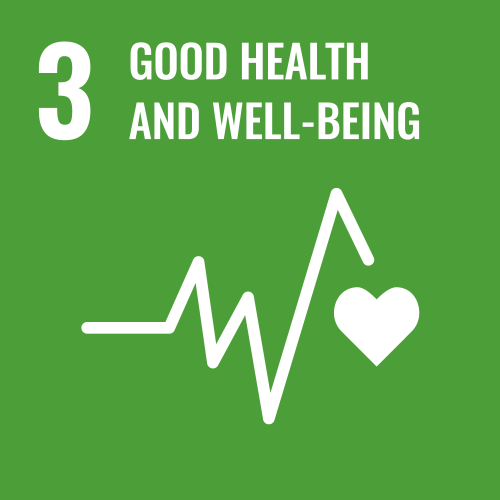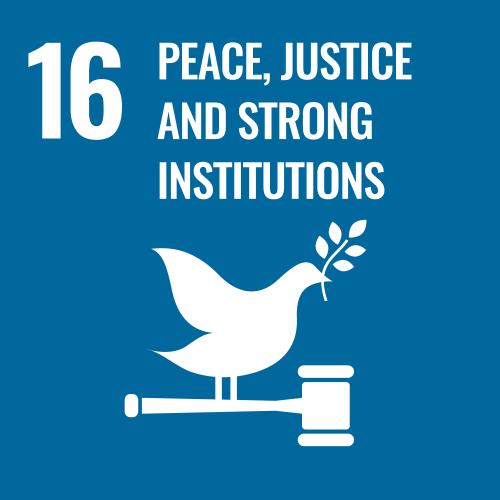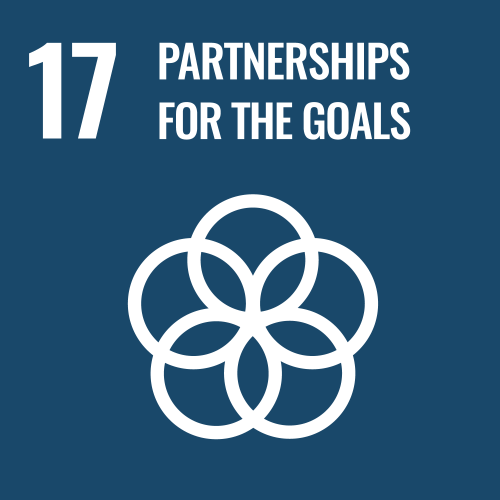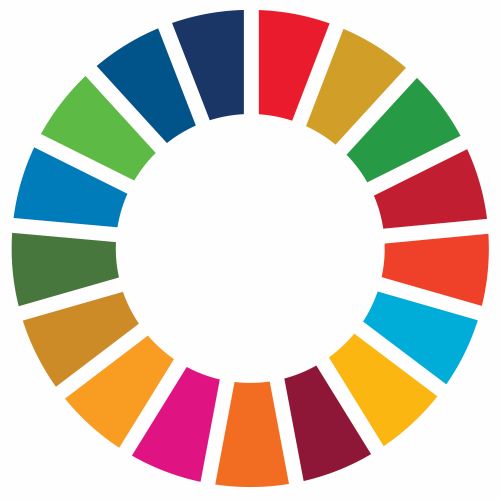
12/05/2025
The event focused on new psychoactive substances, the environment and the increase in drug use and trafficking.
More than 150 international drug experts from 40 countries gathered in Warsaw (Poland) for the meeting organized by COPOLAD III. The main objective of the annual COPOLAD meeting was to invite the public administrations of the European Union and Latin America and the Caribbean (LAC) to reflect collectively on the results obtained by the program over the last four years. Only through shared strategies can the main challenges posed by current drug policies be addressed in a coordinated manner.
The number of people with problematic drug use has grown steadily to 292 million in 2022, according to data from the United Nations Office on Drugs and Crime (UNODC), an increase of 20% in 10 years. In addition, the emergence of new synthetic opioids, coupled with record supply and demand for other substances, has compounded the effects of this global problem, leading to a rise in social, political and public health disruptions.
Under the slogan ‘A common challenge, a shared strategy’, the annual COPOLAD meeting defined this new framework and strengthened the bi-regional space for dialogue on drug policies. “We need to move forward in collective preparedness, because as long as some are not prepared, the others will not be prepared either,” argued Alexis Goosdeel, executive director of the European Drugs Agency (EUDA).
COPOLAD has achieved 85% compliance with its goals, which demonstrates its maturing process. The various panels highlighted the added value of COPOLAD’s holistic approach, which encompasses the areas of supply and demand reduction, is based on peer learning and takes a comprehensive, multi-actor and territorial approach to the drug phenomenon. The importance given by the program to the cross-cutting approach to gender and human rights has also been highlighted.
In the interventions, the LAC countries presented the progress made together with the EU on key issues such as environment and drugs, territorial and community policy, risk and harm reduction, social restitution of assets seized from drug trafficking or the development of National Drug Observatories. Likewise, regional advances in criminal alternatives for minor drug offenses or in the judicial approach to investigations of trafficking in women associated with drug trafficking have also been presented.
The attendees agreed that the new challenges posed by a changing and global drug landscape require multilateral responses, respectful of diversity and, at the same time, unified on both sides of the Atlantic. This approach is in line with the European Strategy on Drugs 2021-2025 and the La Paz Political Declaration, emanating from the 2024 meeting of the EU-CELAC Coordination and Cooperation Mechanism on Drugs.



